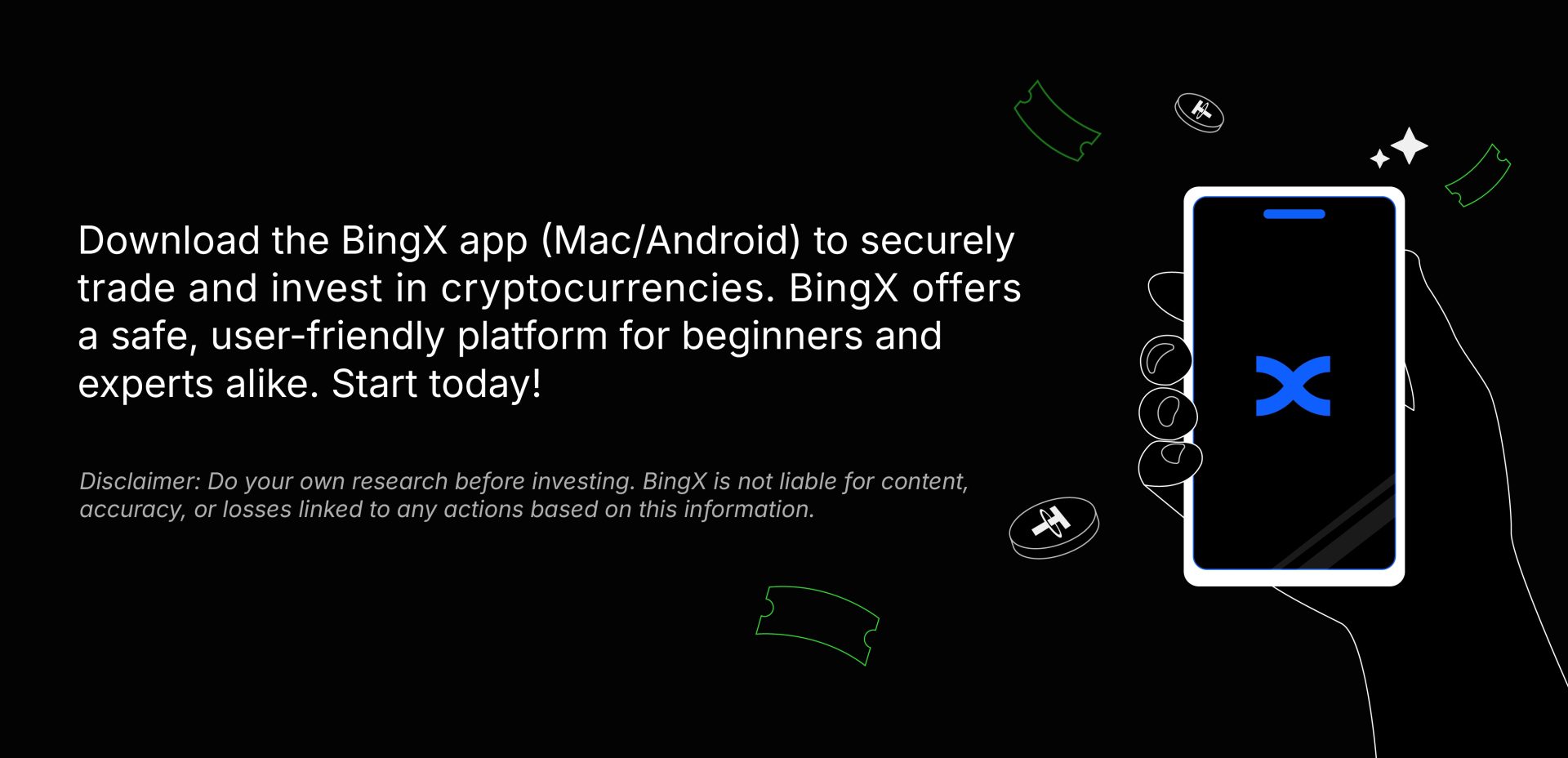Ever dreamt of buying your morning coffee with Bitcoin? What once sounded like a techie’s fantasy is now a reality, thanks to the rise of crypto prepaid cards. These cards are transforming digital currencies from speculative assets into everyday spending tools. But is this the dawn of a new financial era or just a fleeting trend? Let’s delve into the world of crypto prepaid cards and see how they’re reshaping our daily transactions.
The Latest Buzz: Visa and Bridge’s Stablecoin Venture
In a significant move, Visa has partnered with stablecoin infrastructure startup Bridge to launch stablecoin-linked Visa cards in Latin America. Customers in countries like Argentina, Colombia, and Mexico can now make everyday purchases using stablecoins, with plans to expand to Europe, Africa, and Asia soon. Bridge, recently acquired by Stripe, handles the backend processes, converting stablecoin balances into local currencies during transactions. This initiative aims to make stablecoins more accessible and integrated with conventional financial tools, allowing seamless global transactions.
Understanding Crypto Prepaid Cards
Crypto prepaid cards function similarly to traditional debit cards but are funded with cryptocurrencies like Bitcoin or Ethereum. When a purchase is made, the crypto is automatically converted into fiat currency at the point of sale, enabling users to spend their digital assets seamlessly. This eliminates the need for manual conversions or transferring funds between wallets and bank accounts. It’s like having a financial translator in your pocket, fluent in both crypto and fiat languages.
These cards are not just for tech enthusiasts. They offer a practical solution for anyone looking to utilize their crypto holdings for everyday expenses, from groceries to online subscriptions. With the added convenience of ATM withdrawals and integration with mobile payment platforms, crypto prepaid cards are bridging the gap between digital currencies and traditional financial systems.
BingX: An Existing Player in the Crypto Card Arena
BingX has introduced its own crypto prepaid card, offering users a seamless way to spend their digital assets globally. The card supports transactions in stores, online, and through apps, with features like 3D Secure for enhanced security and instant notifications for every transaction. Users can also withdraw cash from ATMs worldwide, providing flexibility and convenience.
Applying for the BingX card is straightforward: create an account, complete identity verification, and activate the card upon approval. With competitive fees and attractive rewards, BingX positions itself as a professional and secure centralized exchange, catering to both seasoned traders and newcomers in the crypto space.
The Double-Edged Sword: Benefits and Challenges
While crypto prepaid cards offer numerous advantages, they also come with challenges. On the positive side, they provide instant liquidity, allowing users to spend their crypto assets without the need for complex conversions. They also promote financial inclusion, offering unbanked populations access to digital financial services.
However, regulatory hurdles remain. In the UK, for instance, the Financial Conduct Authority has proposed restrictions on using credit cards to purchase cryptocurrencies, citing consumer protection concerns. Additionally, the volatility of cryptocurrencies can pose risks, as the value of holdings can fluctuate significantly, affecting purchasing power.
Final Sip: Embracing the Future of Finance
Crypto prepaid cards are more than just a novelty; they’re a step toward integrating digital currencies into our daily lives. As financial institutions and tech companies continue to innovate, these cards could become as commonplace as traditional debit cards. Whether you’re a crypto enthusiast or a curious newcomer, exploring options like the BingX prepaid card can offer a glimpse into the future of personal finance. Next time you’re buying a coffee, consider paying with crypto. Just be prepared for the barista to ask, “Bitcoin or Ethereum?”

